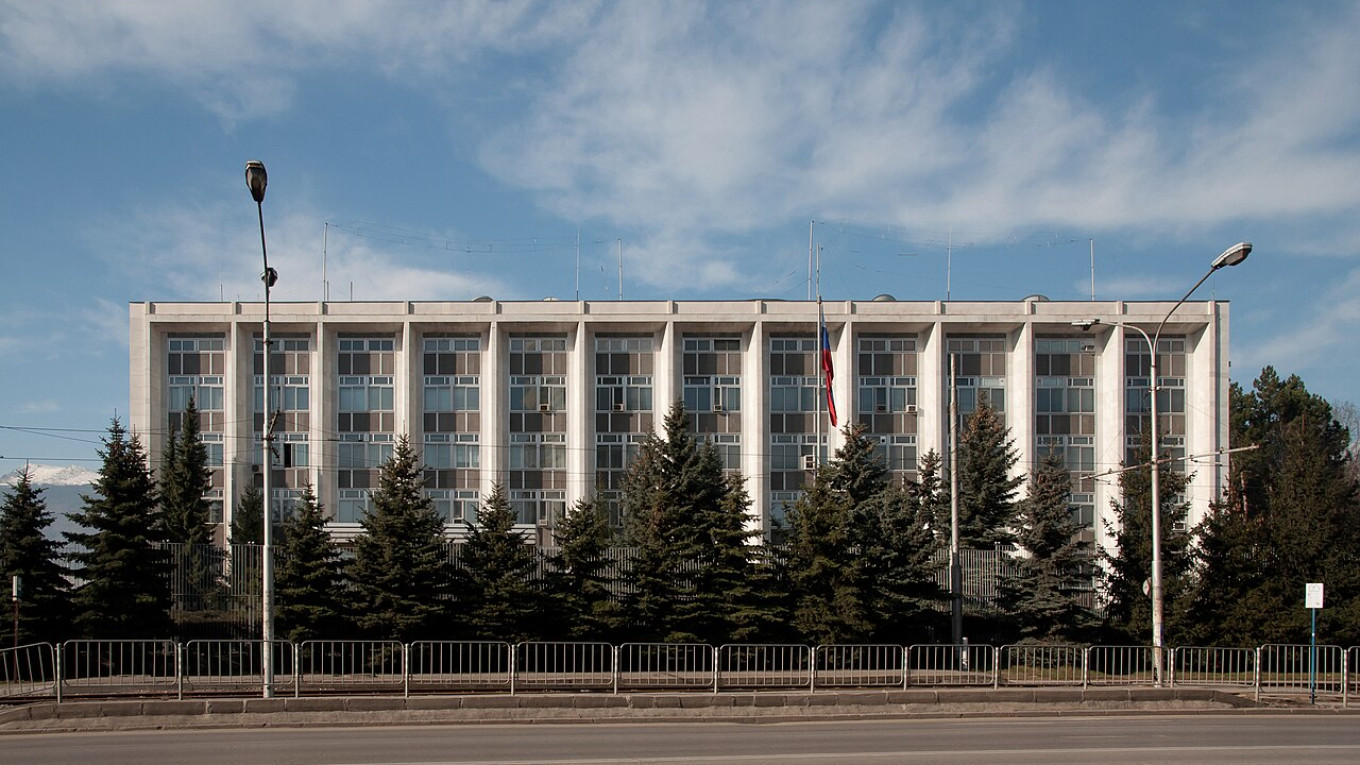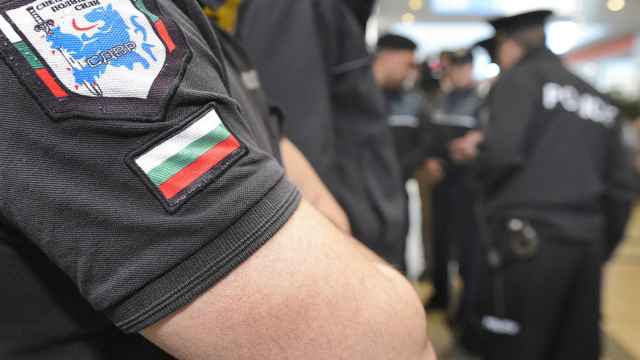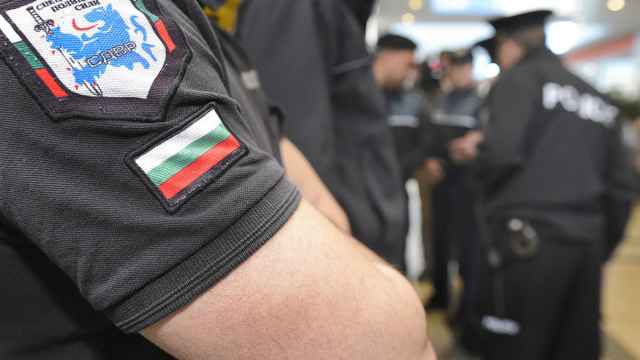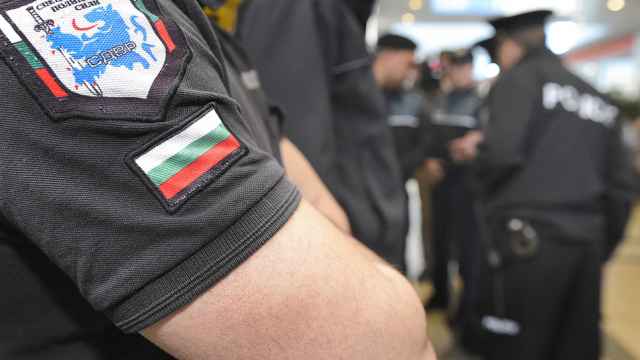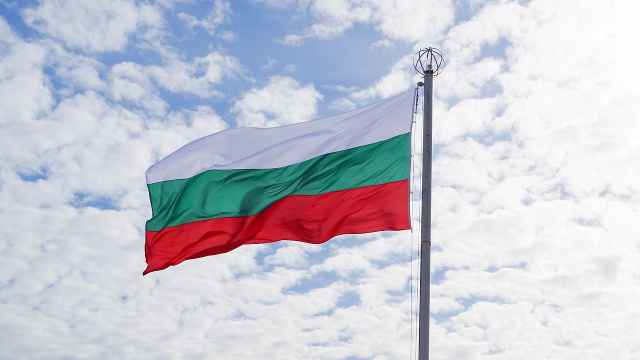Bulgaria on Monday arrested an employee of the interior ministry unit for fighting organized crime on suspicion of spying for Russia, the ministry's chief of staff said.
Public media reported that the Directorate General for Combatting Organized Crime (GDBOP) officer was suspected of providing classified information to a former employee of the Russian Embassy in Sofia, who had since been declared persona non grata.
"One employee of the GDBOP has been detained under suspicion of espionage in favor of a foreign state, and that is Russia," the interior ministry chief of staff Zhivko Kotsev told journalists.
He refrained from further comments as the operation was still ongoing, only adding that the employee's illegal activities had been under surveillance "for months."
The operation was conducted together with the intelligence State Agency for National Security (SANS) and the Sofia City Prosecution, he said.
According to state BNT television the officer had shared information about probes, including international ones, that investigated possible schemes to bypass the EU sanctions against Russia by companies with Russian capital.
Bulgaria, which has been historically and culturally very close to Moscow, has since 2019 expelled dozens of Russian diplomats and diplomatic staff suspected of espionage.
In June 2022 alone, Sofia announced the expulsion of 70 Russian diplomatic personnel.
Last September, authorities also expelled the head of the Russian Orthodox Church in Sofia and two Belarusian priests, accusing them of serving Moscow's geopolitical interests.
Five Bulgarians will also go on trial next year in London on charges that they had been part of a "network" conducting surveillance for Russia between August 2020 and February 2023.
A Message from The Moscow Times:
Dear readers,
We are facing unprecedented challenges. Russia's Prosecutor General's Office has designated The Moscow Times as an "undesirable" organization, criminalizing our work and putting our staff at risk of prosecution. This follows our earlier unjust labeling as a "foreign agent."
These actions are direct attempts to silence independent journalism in Russia. The authorities claim our work "discredits the decisions of the Russian leadership." We see things differently: we strive to provide accurate, unbiased reporting on Russia.
We, the journalists of The Moscow Times, refuse to be silenced. But to continue our work, we need your help.
Your support, no matter how small, makes a world of difference. If you can, please support us monthly starting from just $2. It's quick to set up, and every contribution makes a significant impact.
By supporting The Moscow Times, you're defending open, independent journalism in the face of repression. Thank you for standing with us.
Remind me later.


